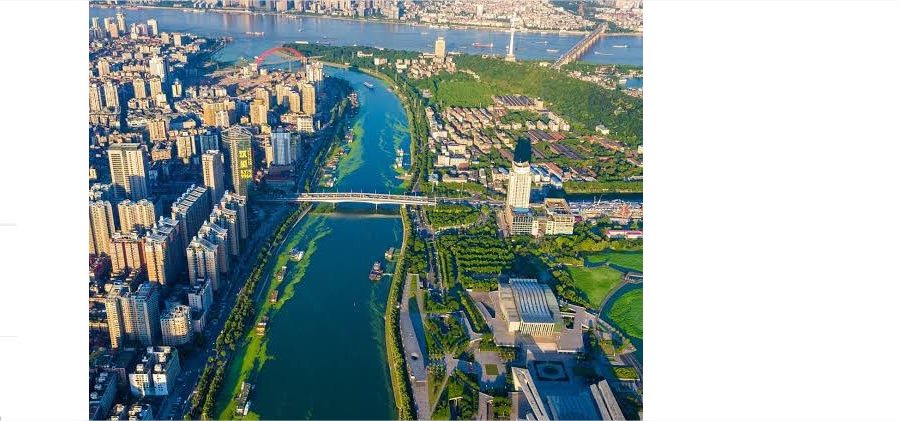China a best example for Pakistan to control urban flooding: experts

China at least 30 cities were the part of sponge city concept including Shanghai and 600 more cities to implement this concept.
It was noted that Pakista in recent years had faced an immense increase in urban development. Therefore, the top three populated cities of Pakistan including Karachi, Lahore and Rawalpindi were facing urban flooding specially in rainy season, which results in property loss and sometimes loss of human lives.
Solid waste management facilities including treatment plants are also needed to be established in major cities to avoid the chocking of waste water drainage system and water channels, which are major causes of urban flooding.
He further said that long term goals with the objective of revamping the whole sewerage system as per the requirements of the population could ease the problem. All the new urban planning projects must have workable sewerage management system.
“Chinese companies can help in planning, provision of equipment and machinery,” he suggested.
Pakistani authorities should focus on solid waste management so that it can be cleared before it goes to the sewerage system. While collection of water on the roads in monsoon would not be a problem, the problem is when it stays there for days.
Related News

Without cheaper electricity, Pakistan’s factories will struggle: ICCI
ISLAMABAD, JUL 15 /DNA/ – The leadership of the Islamabad Chamber of Commerce and IndustryRead More

UK, Pakistan agree new business advisory council at inaugural trade dialogue
Ministers from the UK and Pakistan have announced new measures to boost trade between theRead More


Comments are Closed